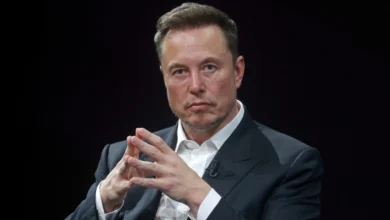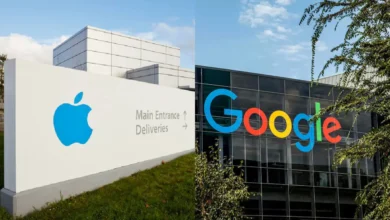Nearly 40% of global employment is in threat because of AI advancement

The International Monetary Fund (IMF) has issued a stark warning about the potential impact of Artificial Intelligence (AI) on the global workforce. Their report suggests that nearly 40% of jobs worldwide could be affected by AI, potentially exacerbating existing inequalities.
IMF chief Kristalina Georgieva, in a blog post published ahead of the World Economic Forum (WEF) in Davos, Switzerland, called for proactive measures from governments to address this challenge. She emphasizes the need for robust social safety nets and comprehensive retraining programs to equip workers with the skills needed to thrive in the AI-powered future.
The potential for AI to widen the inequality gap is a major concern. Georgieva highlights that advanced economies are likely to be hit harder compared to emerging markets. This is because white-collar jobs, prevalent in developed nations, are more susceptible to automation. Studies estimate that up to 60% of jobs in advanced economies could be impacted by AI, with half potentially benefiting from increased productivity. However, the other half might face the brunt of automation, leading to job losses, stagnant wages, and reduced hiring opportunities.
The concern deepens when considering emerging markets and low-income countries. While the projected impact on these economies is lower (40% and 26% respectively), their vulnerability is significant. The lack of infrastructure and skilled workforce could hinder their ability to leverage AI’s benefits, potentially widening the global economic divide.
Georgieva further warns that AI could create social unrest. Younger workers, more adept at adopting new technologies, might use AI to enhance their productivity, leaving behind their less tech-savvy senior counterparts. This potential for a two-tiered workforce could fuel social tensions.
Despite the potential downsides, AI presents exciting possibilities. The technology has the potential to significantly boost global economic output. A 2023 study by Goldman Sachs economists predicts a potential 7% annual increase in global GDP over a decade due to widespread AI adoption.
The WEF in Davos serves as a platform for discussing the opportunities and challenges presented by AI. Leading figures like Sam Altman, CEO of ChatGPT-maker OpenAI, and Satya Nadella, CEO of Microsoft, will be participating in discussions on the role of AI in the Fourth Industrial Revolution.
The message is clear: AI is transforming the global economy. While the technology presents exciting possibilities for growth and development, proactive measures are necessary to mitigate its potential negative impacts on the workforce. Governments and institutions must collaborate to equip people with the skills they need to navigate this evolving landscape. Only then can we ensure that AI truly benefits humanity and fosters a more equitable and prosperous future.




